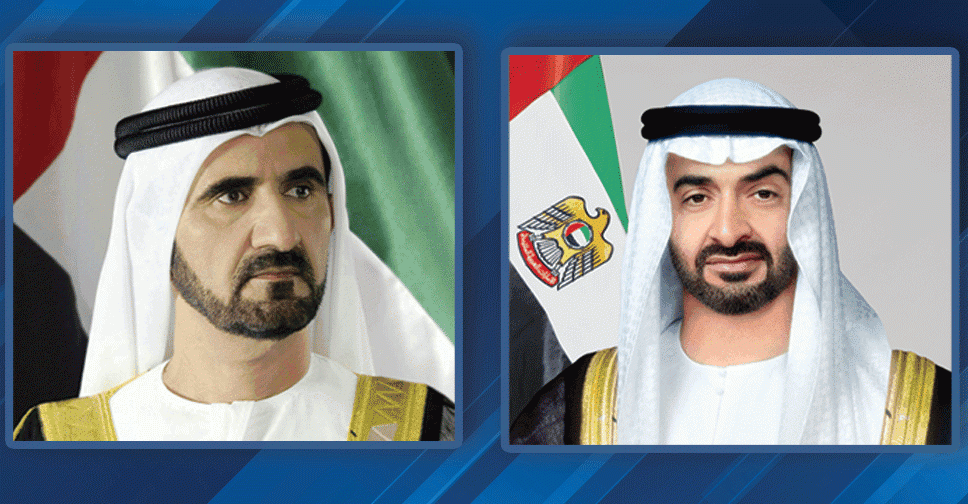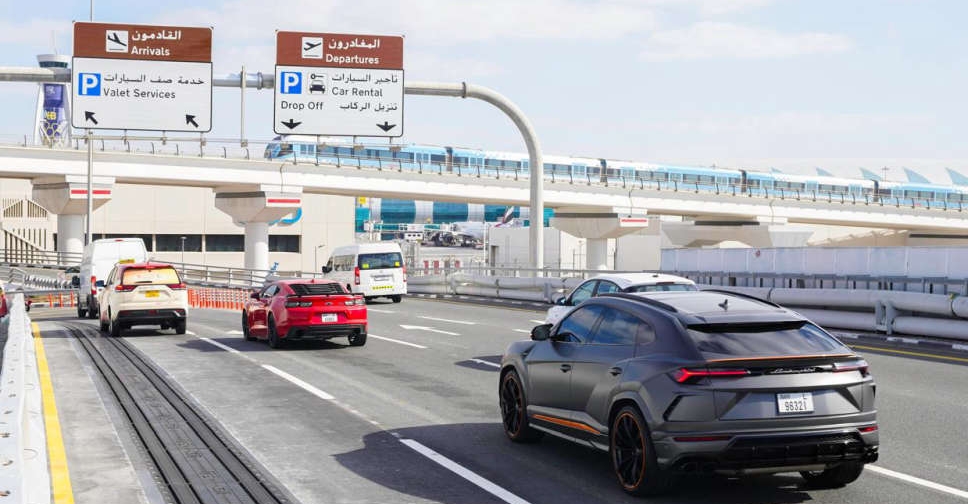
Alaska Air Group Inc. is close to buying Virgin America Inc., the carrier backed by billionaire Richard Branson, according to people with knowledge of the matter. While negotiations are advanced, the deal could still fall apart and a last-minute bid from JetBlue Airways Corp. may be possible, said the people, who asked not to be identified because the details aren’t public. JetBlue and Alaska Air made offers after Virgin America put itself up for sale, people familiar with the matter said last week. The combination would extend a consolidation wave that began in 2005 and eventually swept up five of the 10 biggest U.S. carriers. Four operators - American Airlines Group Inc., United Continental Holdings Inc., Delta Air Lines Inc. and Southwest Airlines Co. - now control 80 percent of the U.S. market. A second tier includes JetBlue, Alaska and Virgin America, plus a group of ultra-discounters, such as Spirit Airlines Inc. Virgin America’s market value was $1.37 billion as of March 22, a day before Bloomberg News reported that the Burlingame, California-based company was reaching out to potential buyers. Branson’s fund, which is known as VX Holdings, and Cyrus Capital Partners own 54 percent of Virgin America, according to data compiled by Bloomberg. Even with a runup in Virgin America’s value to $1.47 billion as of April 1, Alaska Air’s $10.2 billion dwarfs that figure. Adding the smaller carrier would let Seattle-based Alaska bulk up its West Coast network, folding in Virgin America operations that include the region’s two biggest business centers, Los Angeles and San Francisco. Size Rankings While a combined Alaska-Virgin America wouldn’t affect the size rankings at the top of the U.S. industry, the new carrier would surpass JetBlue for fifth place, based on passenger traffic. Alaska is now No. 6, and Virgin America is No. 12, according to the U.S. Bureau of Transportation Statistics. American is No. 1. Regulatory scrutiny may be heavy, in light of U.S. Justice Department challenges to the 2013 merger of American Airlines and US Airways - the industry’s last tie-up - and a proposed swap of takeoff and landing rights between Delta and United at New Jersey’s Newark Liberty International Airport. Virgin America began flying in 2007, letting Branson achieve his goal of expanding the Virgin brand into the world’s largest air-travel market. Getting there wasn’t easy. Concerned that Branson’s status as a U.K. citizen would give a foreigner too much say in a U.S. airline, regulators required Virgin Group to give up a board seat, put its stake under a trustee and name a new chief executive officer before letting Virgin America begin flights. The carrier hired David Cush away from American for the job. Branson’s Profile Virgin America has used Branson’s high profile to gain attention when it adds service to new cities, as it did recently with Denver, and when lobbying to gain airport space, as it did at Dallas Love Field. That connection carried over into the nurturing of Virgin America’s boutique airline brand, leaving Alaska with the challenge of whether to dismantle that creation. Virgin America serves just 24 cities in the U.S. and Mexico and offers a comparatively high level of service and relatively low fares. U.S. carriers typically have failed in efforts to operate a so-called airline-within-an-airline. An acquisition would add about 15 percent to Alaska Air’s earnings per share, according to Darryl Genovesi, a UBS Group AG analyst. That’s based on issuing $2 billion in debt to cover Virgin America’s market value of about $1.7 billion, plus $300 million in debt and $500 million in the seller’s cash going to Alaska Air. Besides its hometown base in Seattle, Alaska Air has hubs in Portland, Oregon, and Anchorage, Alaska. The combination might help fend off Delta’s expansion in Seattle, where Alaska Air carried more than half of the passengers in 2015, split between the main jet operations of Alaska Airlines and the turboprops of the company’s Horizon unit. Delta has established a West Coast hub and jumping-off point to Asia and wants to almost triple the number of gates it holds, to 30. Excluding regional partners, Delta had about 13 percent of the travelers there last year, according to the Bureau of Transportation Statistics. The Wall Street Journal reported on the deal’s progress earlier Saturday.

 UAE, Montenegro to develop renewable projects under new partnership
UAE, Montenegro to develop renewable projects under new partnership
 UAE joins US-led Pax Silica initiative to bolster technology supply chain
UAE joins US-led Pax Silica initiative to bolster technology supply chain
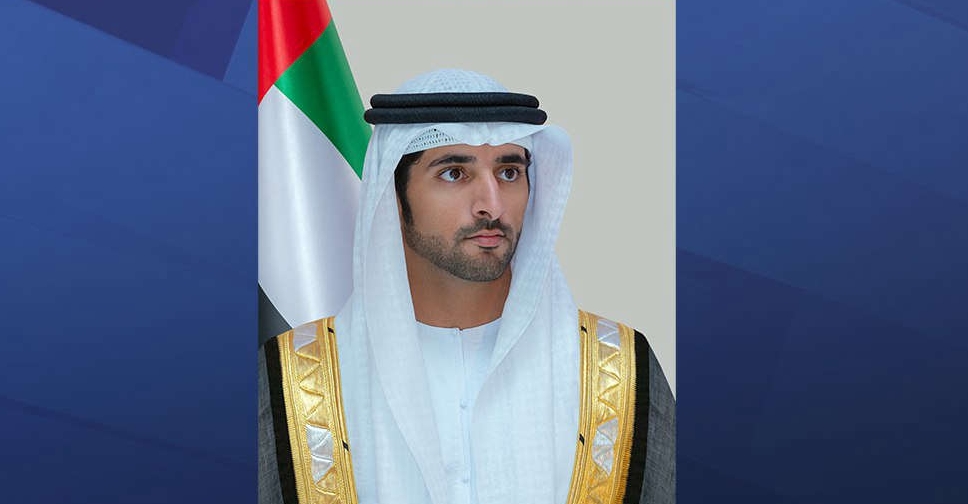 H.H. Sheikh Hamdan hails Dubai Chamber of Commerce growth milestone
H.H. Sheikh Hamdan hails Dubai Chamber of Commerce growth milestone
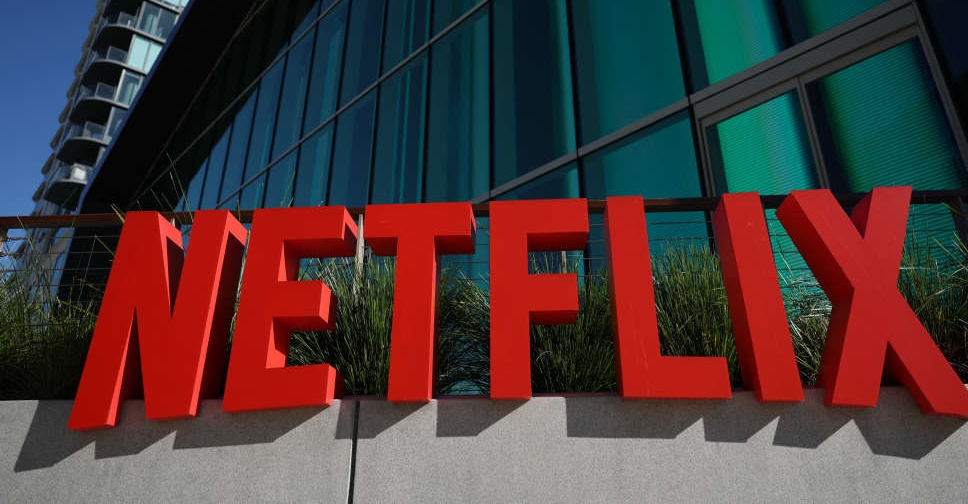 Netflix prepares all-cash offer for Warner Bros, source says
Netflix prepares all-cash offer for Warner Bros, source says
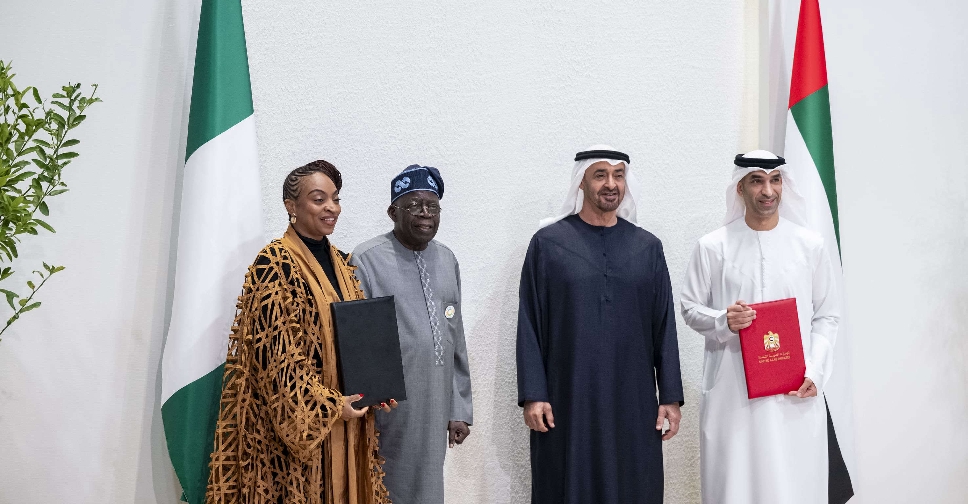 UAE, Nigeria sign comprehensive economic partnership agreement
UAE, Nigeria sign comprehensive economic partnership agreement
